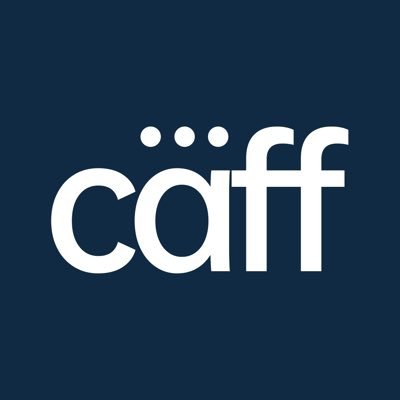As the "modular paradigm" sweeps through the L1 public chain narrative, another nearly overlooked variable is quietly gaining momentum: Move, the smart contract programming language originating from Meta (formerly Facebook). It was once the legacy of Libra, but has taken two distinctly different technical paths in the hands of Aptos and Sui, one aimed at real financial and payment compliance, while the other explores the future of complex objects and on-chain interaction paradigms. Aptos and Sui, the "twin stars" of the Move system born from the same source, not only continue the advantages of Move in resource safety and modular expression but also fundamentally diverge with "pipeline-style parallelism" and "object model-driven" approaches. When I reflect on the divergent paths of Aptos and Sui, I find that this is not just a technical evolution of two chains, but a final game about whether "Move can break free from Ethereum's path dependency." Aptos represents a public chain...
Show original8.12K
2
The content on this page is provided by third parties. Unless otherwise stated, OKX is not the author of the cited article(s) and does not claim any copyright in the materials. The content is provided for informational purposes only and does not represent the views of OKX. It is not intended to be an endorsement of any kind and should not be considered investment advice or a solicitation to buy or sell digital assets. To the extent generative AI is utilized to provide summaries or other information, such AI generated content may be inaccurate or inconsistent. Please read the linked article for more details and information. OKX is not responsible for content hosted on third party sites. Digital asset holdings, including stablecoins and NFTs, involve a high degree of risk and can fluctuate greatly. You should carefully consider whether trading or holding digital assets is suitable for you in light of your financial condition.

